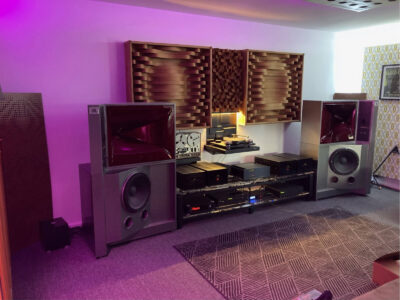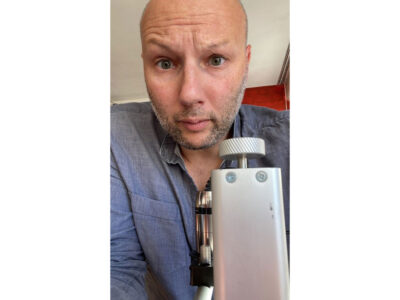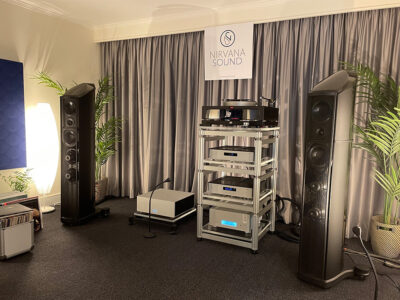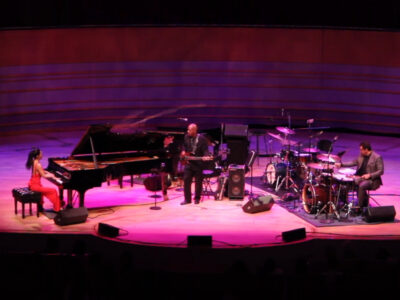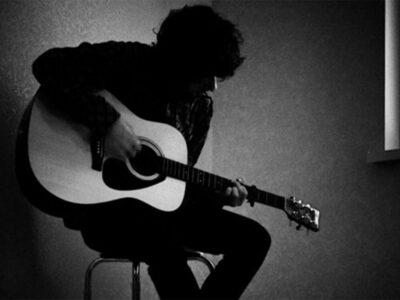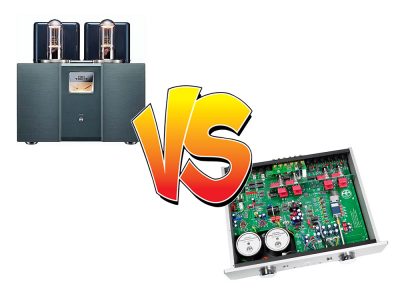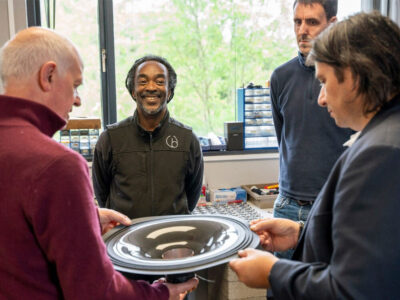I’m sorry, you can’t measure emotion in music
I believe that music can be TRANSCENDENT.
As with many artforms, if you are sensitive to it, if you are receptive enough, music can affect you on many levels. To someone like me, defining music as pure entertainment is a gross understatement and misunderstanding of its nature.
The greatest music & songs that have been written throughout the ages have all originated from an idea, a spark, an inspiration in someone’s mind, then through that portal made their way into the world. Like an invisible thread, music then inspired, healed, united, nurtured and entertained people as it spread into different communities. It evolved, was re-interpreted, re-imagined and eventually became part of our collective culture & consciousness.
Where exactly did that original idea or spark come from?
Once that spark is ignited and expressed, it can become magical!
Music connects us to our inner pursuit of beauty, the yearning for the manifestation of beauty within the physical, intellectual & emotional realms. This experience of pure beauty cannot be easily described in words. How do you accurately describe to someone on a phone call, the beauty of the view at the top of a mountain?
Music connects us to the ‘spirit of things’. If you’ve ever witnessed the Winged Victory of Samothrace statue, or Michelangelo’s David, how can you say that the creator’s spirit is not infused within the stone?
Music connects us to the power of dreams. It takes us on a journey within that can be abstract, otherworldly, boundless and transmundane. Through this alternate reality, music can release endorphins and can create experiences of euphoria or ecstasy.
Music is transcendent because it can make space for our consciousness to experience our different layers of being. I feel that it is spiritual in that sense. I distinctly remember the moment in my life where I experienced a type of ‘dissolving into’ and ‘becoming’ the music, momentarily having no awareness of self.
Why do we love our hi-fi systems?
They are our special tools that connect us to these experiences. We become interested in these items because they represent the possibility to create higher potential for transcendence.
So now you know why the following feels weird to me. In the last few years, I’ve been observing this strange trend in the marketing of high-end audio:
“Our equipment has special ‘unique’ specifications, measurements/data which gives you more emotion.”
Excuse me? Really?
I’d love it if there was one person who could really describe to me how to ‘measure’ the things that constitute emotion in music. Every time I hear these claims at hi-fi shows, I make a point of asking them to show me how their data relates to emotion.
All I will say at this point is that no one has come close…
Here’s my take on it:
We live in a world that has been constructed using a materialistic, rationalistic model of thinking.
We value what we can measure, what we can weigh and what we can observe.
This makes a great deal of sense, doesn’t it?
If you are going to create, organise and manage operational systems that run your civilization, this is the most relevant type of data to you.
However, when assessing the artform of musical expression, with its transcendent nature… this type of information is very limited indeed.
This reminded me of a famous quote from Max Planck, a German theoretical physicist who was the originator of quantum theory, which revolutionised human understanding of atomic and subatomic processes and won him the Nobel Prize in Physics in 1918.
“I regard consciousness as fundamental. I regard matter as derivative from consciousness. We cannot get behind consciousness. Everything that we talk about, everything that we regard as existing, postulates consciousness.”
Source: The Observer (25 January 1931)
I agree with Max.
Consciousness is the beginning. Without it there would be no awareness, no subject (the self) who can perceive the object (the music). And from that, all the layers of experience flow.
Let’s leave the men in white lab coats & oscilloscopes out of it.
What about you? Do you think that emotion in music can be measured?


